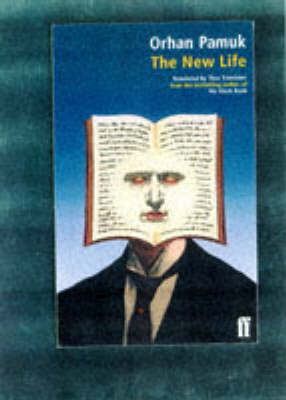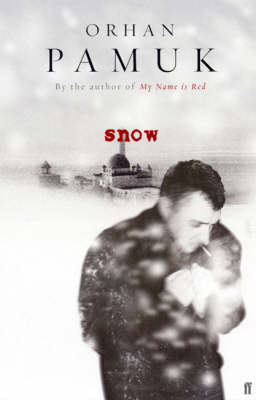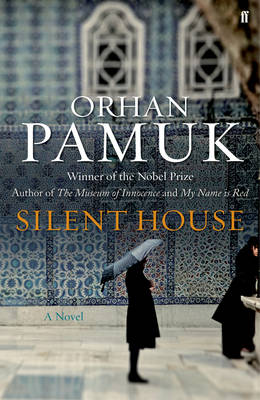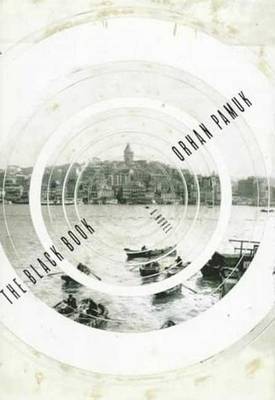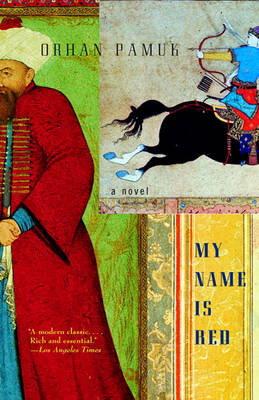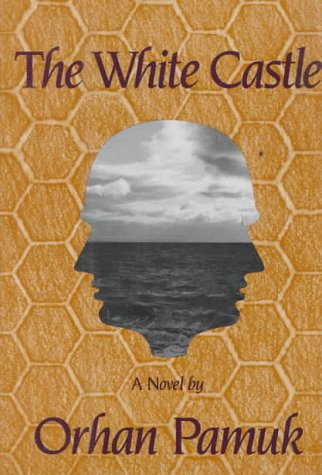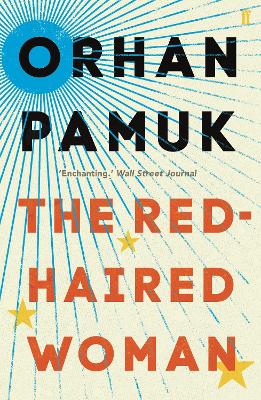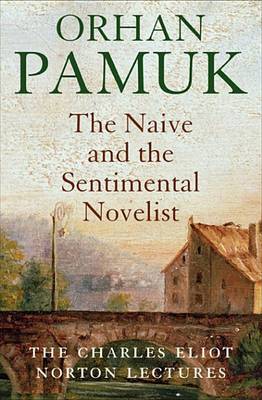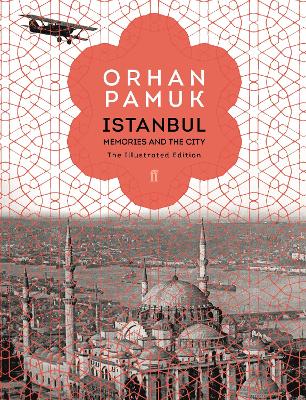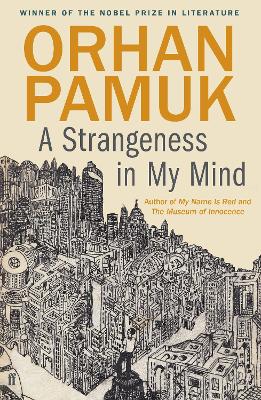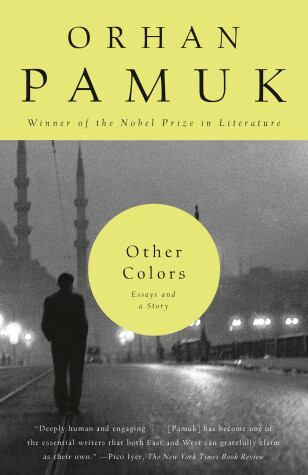Vintage International
12 total works
"[A] weird, hypnotic new novel...It veers from intellectual conundrums in the Borges vein to rapturous lyricism reminiscent of Gabriel Garcia Marquez."--Wall Street Journal
When the Sultan commissions a great book to celebrate his royal self and his extensive dominion, he directs Enishte Effendi to assemble a cadre of the most acclaimed artists in the land. Their task: to illuminate the work in the European style. But because figurative art can be deemed an affront to Islam, this commission is a dangerous proposition indeed, and no one in the elite circle can know the full scope or nature of the project.
Panic erupts when one of the chosen miniaturists disappears, and the Sultan demands answers within three days. The only clue to the mystery—or crime?—lies in the half-finished illuminations themselves. Has an avenging angel discovered the blasphemous work? Or is a jealous contender for the hand of Enishte’s ravishing daughter, the incomparable Shekure, somehow to blame?
Orhan Pamuk’s My Name Is Red is at once a fantasy and a philosophical puzzle, a kaleidoscopic journey to the intersection of art, religion, love, sex, and power.
(front flap)
It is mid-1980s Istanbul and Master Mahmut and his apprentice use ancient methods to dig wells - they are desperate to find water in a barren land. This is the tale of their struggle, but it is also a deeper investigation - through mesmerising stories and images - into Pamuk's prevailing themes: fathers and sons, the state and individual freedom, reading and seeing.
It is also a richly literary work: The Red-Haired Woman borrows from the tradition of the French conte philosophique and asks probing questions of ethics and of the role of art in our lives. It is both a short, realist text investigating a murder which took place thirty years ago near Istanbul - and a fictional inquiry into the literary foundations of civilizations, comparing two fundamental myths of the West and the East respectively: Sophocles's Oedipus Rex (a story of patricide) and Ferdowsi's tale of Rostam and Sohrab (a story of filicide).
The Red-Haired Woman is a masterful and mesmerising work which further confirms Orhan Pamuk as one of our greatest novelists.
Pamuk draws on Friedrich Schiller's famous distinction between "naive" poets-who write spontaneously, serenely, unselfconsciously-and "sentimental" poets: those who are reflective, emotional, questioning, and alive to the artifice of the written word. Harking back to his reading of the beloved novels of his youth and ranging through the work of such writers as Tolstoy, Dostoevsky, Stendhal, Flaubert, Proust, Mann, and Naipaul, he explores the oscillation between the naive and the reflective, and the search for an equilibrium, that lie at the center the novelist's craft.
Orhan Pamuk ponders the novel's visual and sensual power-its ability to conjure landscapes so vivid they can make the here-and-now fade away. In the course of this exploration, he delves into the secrets of reading and writing, and considers the elements of character, plot, time and setting that compose the "sweet illusion" of the fictional world.
Like Umberto Eco's Six Walks in the Fictional Woods and Milan Kundera's The Art of the Novel, this is a perceptive book by one of the modern masters of the art, a title anyone who has known the pleasure of becoming immersed in a novel will enjoy, and learn from.
Since the publication of Istanbul, Pamuk has continued to add to his collection of photographs of Istanbul. Now, he has selected a range of photographs for Illustrated Istanbul, linking each new image to his memoir.
This lavish selection of 450 photographs features contributions from Ara Guler, Henri Cartier-Bresson and Istanbul's characteristic photography collectors, and contains previously unpublished family photographs from the author's archives.
In the four decades between 1969 and 2012, Mevlut works a number of different jobs on the streets of Istanbul, from selling yoghurt and cooked rice, to guarding a car park. He observes many different kinds of people thronging the streets, he watches most of the city get demolished and re-built, and he sees migrants from Anatolia making a fortune; at the same time, he witnesses all of the transformative moments, political clashes, and military coups that shape the country. He always wonders what it is that separates him from everyone else - the source of that strangeness in his mind. But he never stops selling boza during winter evenings and trying to understand who his beloved really is.
What matters more in love: what we wish for, or what our fate has in store? Do our choices dictate whether we will be happy or not, or are these things determined by forces beyond our control?
A Strangeness In My Mind tries to answer these questions while portraying the tensions between urban life and family life, and the fury and helplessness of women inside their homes.

